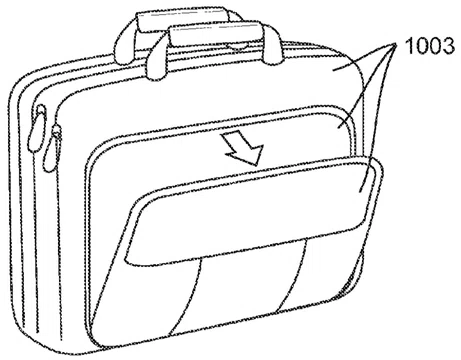
The most interesting part of a judicial decision is often found in the footnotes.
Case in point: yesterday, Magistrate Judge Burke issued an R&R on a motion to dismiss, recommending dismissal with prejudice of the patentee's contributory infringement claims (but otherwise recommending that the motion be denied).
For the most part, the R&R presents a fairly standard analysis of induced, contributory, and willful infringement claims. But it also contains several interesting footnotes, including a stern word of caution on sloppy pleadings:
As Tonal notes, . . . ICON gets off to a poor start here, since in its counterclaims, ICON did not even bother to state whether it is alleging induced infringement, contributory infringement, or both. …




